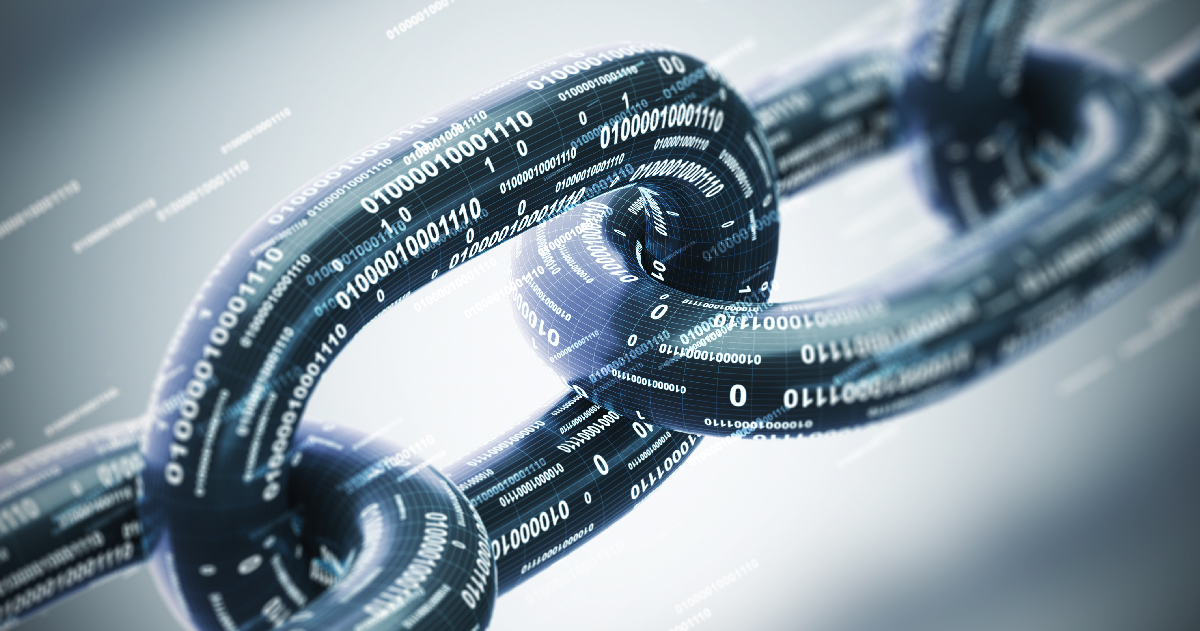We live in an increasingly digital world, making financial fraud more prevalent, sophisticated, and an overall higher risk. While online banking, shopping, and investing offer extreme convenience, engaging in these digital financial activities also come with the risk of exposure to various types of fraud. As technology advances, so do the opportunities for fraudsters. How can you protect yourself from their methods? Here are several strategies that address these evolving threats.
Adopt Strong Digital Security Practices
Creating strong, unique passwords for each of your online accounts is an easy way to increase your financial security. A good password should include a mix of uppercase and lowercase letters, numbers, and special characters. Avoid using easily guessable information, such as your name or birthday.
Changing your passwords periodically and differentiating them across financial sites and apps is a smart move. Consider using a password manager to generate and store complex passwords securely.
Consider enabling Two-Factor Authentication (2FA) where you can. 2FA adds an extra layer of security by requiring a second form of verification beyond your password. This could be a text message, email code, or authentication app. Activate 2FA for your financial accounts, email, and other sensitive accounts. This one extra step could prevent fraudulent activity.
Secure your Devices
Install reputable antivirus and anti-malware software to protect your devices from malicious attacks. Maintain this software through necessary updates to defend against new and evolving threats.
Similarly, it’s important to regularly update your operating system, browsers, and apps to patch security vulnerabilities. Cybercriminals often exploit outdated software in order to gain unauthorized access. If one of your devices is ever lost or stolen, you’ll have a better chance of your data being protected if you’ve already ensured that encryption is activated.
Be Vigilant with Online Transactions
Before entering any sensitive information on a website, ensure that it is secure by checking for "https" in the URL and a padlock symbol next to it. Be wary of any unfamiliar or suspicious websites.
Check your bank and credit card statements regularly for unauthorized transactions. Many financial institutions offer real-time alerts for transactions; utilize these to stay informed of all activity within your bank accounts. For online purchases, use credit cards or secure payment services like PayPal, which offer added layers of fraud protection compared to debit cards.
Practice Caution with Personal Information
Be mindful of the information you share online and avoid posting any sensitive or personal details on social media that could be used for identity theft. Phishing scams often come through as emails, texts, or calls asking for personal information. Verify the legitimacy of any unsolicited requests by contacting the organization directly through official channels.
Educate Yourself and Stay Informed
Make sure you understand the common fraud tactics being used and stay informed about prevalent scams. Awareness is a powerful tool in recognizing and avoiding fraudulent schemes. Similarly, follow updates from cybersecurity experts and organizations to learn about new threats and recommended practices for digital security.
Share your knowledge about financial fraud with friends and family, especially those who may not be as tech-savvy. Members of older generations can be more vulnerable to these cyber-attacks. Awareness can help protect the entire community from becoming victims of fraud.
Respond Quickly to Suspicious Activity
If you suspect unauthorized activity or receive suspicious communications, be sure to report it immediately. Promptly reporting these instances to your financial institution and relevant authorities can help lead to a better outcome. If you believe your personal information has been compromised, placing a fraud alert or credit freeze on your credit reports can help prevent further damage. You may also want to sign up for a credit monitoring service, such as from a credit bureau like TransUnion or Equifax.
Keep detailed records of any fraudulent transactions or communications. This documentation will be useful when working with financial institutions or law enforcement to resolve the issue.
Secure Your Connections
Public Wi-Fi networks can be insecure and susceptible to interception. Use a secure, private connection for financial transactions or consider using a Virtual Private Network (VPN) for added security. Ensure that your home Wi-Fi network is secured with a strong password and encryption. Regularly update your router’s firmware to protect against vulnerabilities.
In the digital age, protecting yourself from financial fraud requires a multi-faceted approach that combines strong security practices, vigilance, and education. By adopting these strategies, you can significantly reduce your risk of becoming a victim of financial fraud. Remember, staying informed and proactive is key to safeguarding your financial well-being in an ever-evolving digital landscape.
The opinions and analyses expressed in the article are based on Curi RMB Capital, LLC's research and professional experience. The information and data in this article do not constitute legal, tax, accounting, investment or other professional advice. Investors should consult with their trusted professionals prior to taking any action.
The content contained herein was generated by Curi RMB Capital with the assistance of an AI-based system to augment the effort.
Certified Financial Planner Board of Standards, Inc. owns the certification marks CFP®, CERTIFIED FINANCIAL PLANNER™ and federally registered CFP (with flame design) in the U.S., which it awards to individuals who successfully complete CFP Board's initial and ongoing certification requirements.






